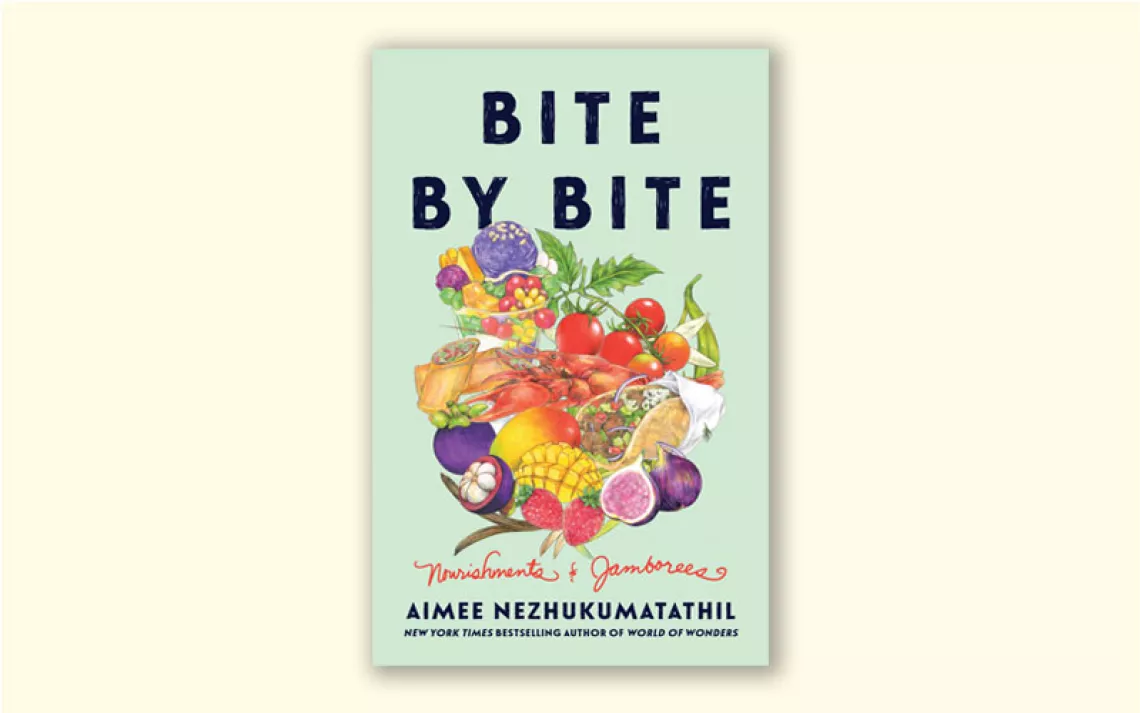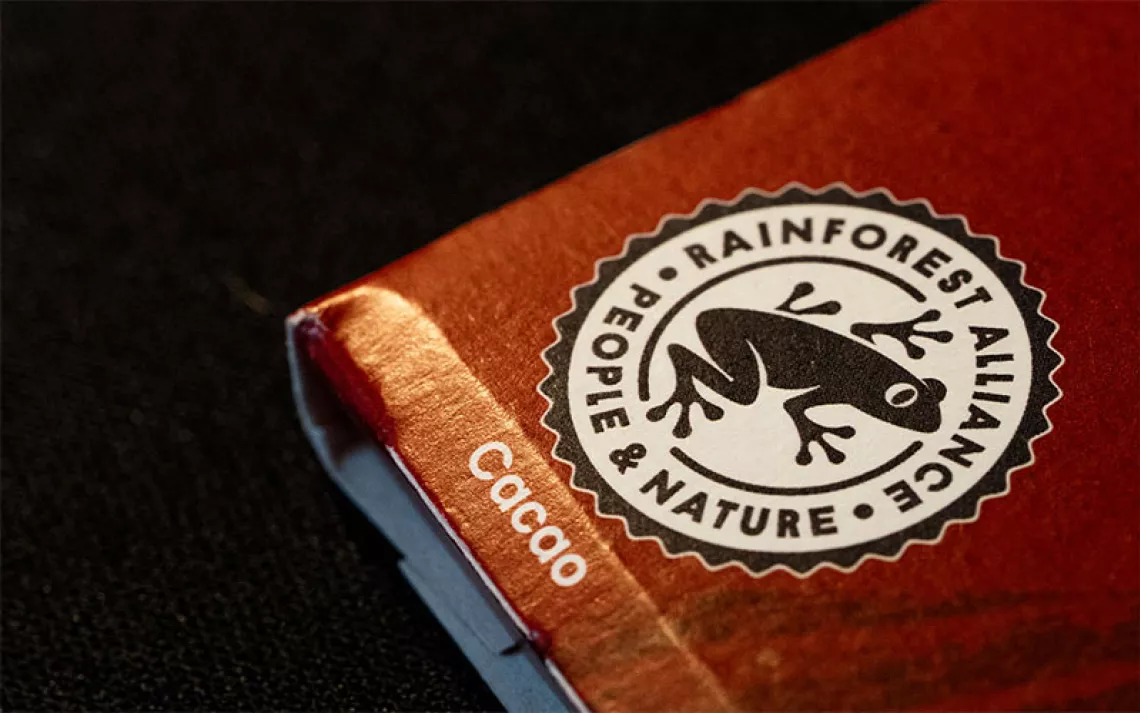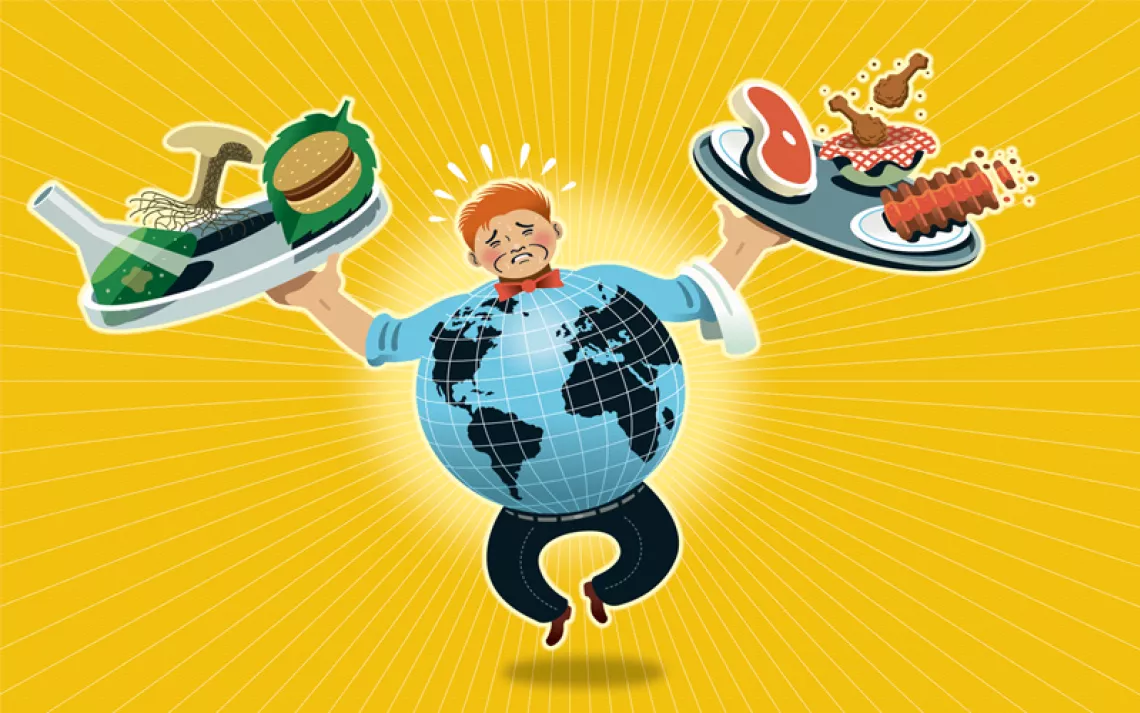9 Chefs Who Are Changing the World
Alice Waters, Michael Pollan, Mark Bittman, Jamie Oliver—the pioneers of modern-day sustainable eating are household names. But do you know these nine fresh faces? If not, you will soon. Meet the new guard.
February 23, 2015
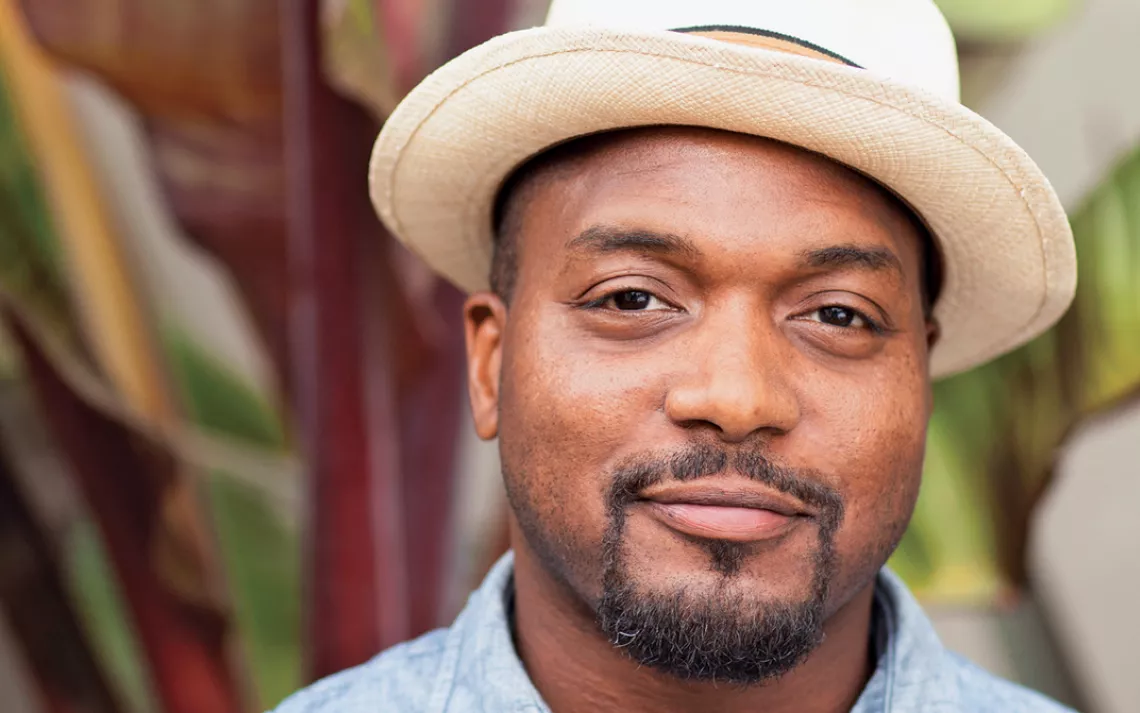
Bryant Terry
Cheetos and soda made BRYANT TERRY a chef. When he was a graduate student at NYU, he'd take the subway to his morning history classes, and that's what he'd see young passengers having for breakfast. At the same time, he was studying the Black Panthers' activism in the 1960s. Quickly, the racism and classism baked into our food system became obvious to him: Big Food targets underrepresented people, the same communities that can't easily get fresh, healthy things to eat. "The social justice movement wasn't addressing food access," he says. "I decided that I wanted to do work in the spirit of the Panthers. So I went to cooking school and used food as a way to engage with young people." Today, Terry lives in Oakland, California. His mentor is Alice Waters: "She's been instrumental in my career. The way Alice melds the sensual pleasures of the table around education and activism is brilliant and inspiring," he says. Terry has written three popular vegan cookbooks, the latest of which is Afro-Vegan: Farm Fresh African, Caribbean, and Southern Flavors Remixed. He is equal parts activist and chef: The U.S. State Department appointed him to its American Chef Corps, a crew of culinary diplomats, and he travels the world giving TED-style talks with cooking demos about how to help people in low-income urban areas buy and eat better food.
Photo by Paige Green
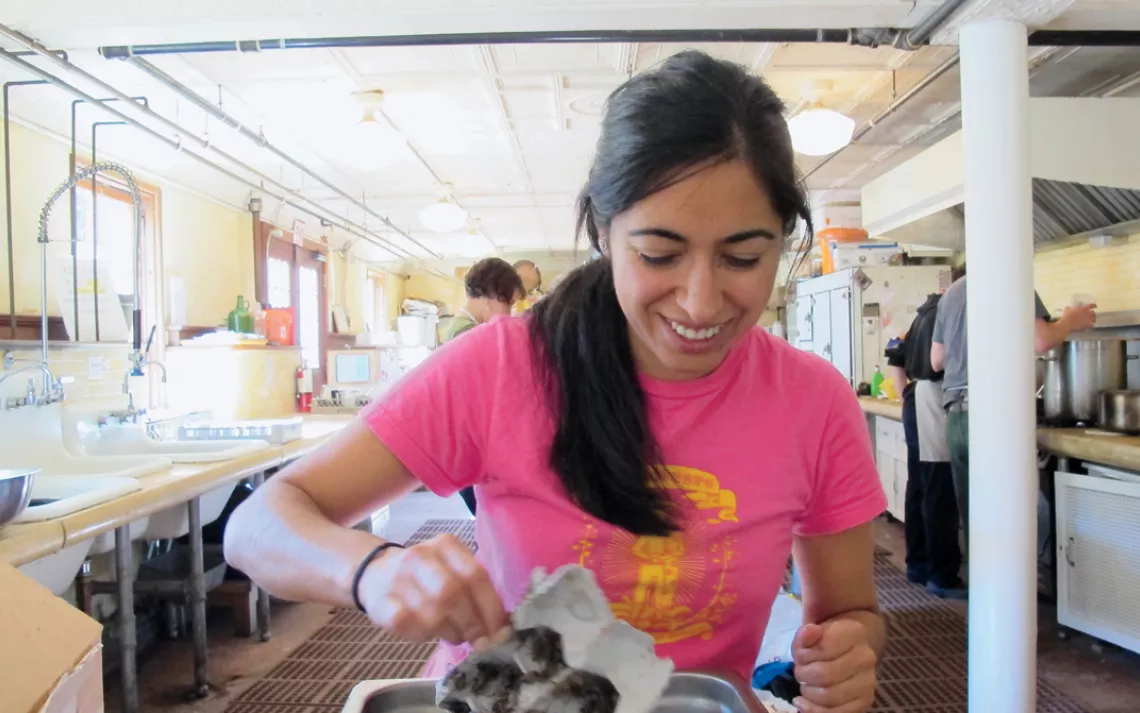
Monica Martinez
In 2010, industrial designer MONICA MARTINEZ created "mini-farms" full of mealworms, called them art, and displayed them in a Brooklyn gallery. Next door was a commercial kitchen, which gave her the idea of putting on an insect-themed meal. She imported and cooked a variety of bugs from her native Mexico, and dinner was a huge success. Knowing how much better it would be for the planet if people ate wild-harvested insects instead of factory-farmed meat, she moved to San Francisco to launch Don Bugito, a "pre-Hispanic snackeria." She sells moth-larvae tacos, chili-lime crickets, chocolate-covered worms, and other six-legged (or no-legged) fare. "We have this conception that worms are slimy," she says. "Once you make people understand that these are oven-toasted, that they're high in protein with no cholesterol, they try it." Martinez is eager to see Western cultures move beyond ranching mammals and birds: "I'm not inventing anything new," she says. "I'm just saying let's not forget about this."
Photo by Luisa Gloria Mota-Velasco

Chloe Coscarelli
"Veganism's worst enemy is just the stigma," says CHLOE COSCARELLI, who won the Food Network's Cupcake Wars using nary a drop of butter or cream. "People think plant-based foods are boring, dry, or not nutritious enough," she says. "With the right recipes, that's not true at all." Coscarelli supplies those recipes via her website, five well-selling cookbooks, and TV appearances on Today and other lifestyle shows. When she first went vegetarian, her diet was unbalanced—mostly pizza and mac and cheese. "Instead of retreating," she says, "I took a step forward into veganism, and that's when my eyes opened. I learned how to cook, and the response was overwhelmingly positive. People couldn't believe it was vegan."
Photo by Miki Duisterhof
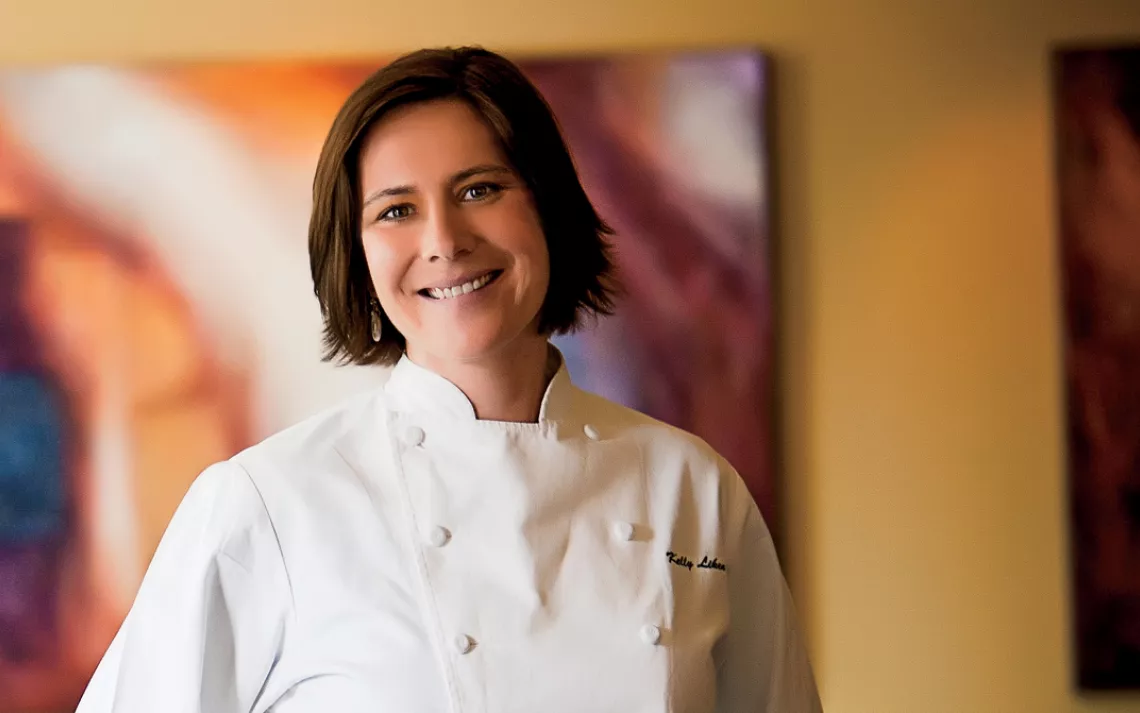
Kelly Liken
KELLY LIKEN opened her eponymous restaurant in Vail, Colorado, at age 27, cooking what she calls "seasonal American cuisine"—a euphemism for driving her Subaru around picking up elk or whatever ingredients were available on any given day at local ranches. "People laughed at me," she says. "There was no farm-to-table movement." Liken graduated top of her class from the Culinary Institute of America, so when she fashioned her finds into impressive entrees, people took notice. Other Colorado chefs started demanding locally raised animals and produce, and eventually the state's farmers and ranchers developed a distribution route. Along with her restaurant, Liken (who also buys animals from 4-H kids) runs an edible-schoolyard program that teaches thousands of children where food comes from. "Moms call me asking what kind of spinach I gave their kids, because 'They want to eat your spinach and not mine,'" Liken says. "I tell them it's not a different type of spinach; it's just the fact that they grew it." Liken also hosts culinary excursions into the backcountry, teaching guests catch-and-release fly-fishing, horseback riding, and how to eat off the land.
Photo by Studio JK
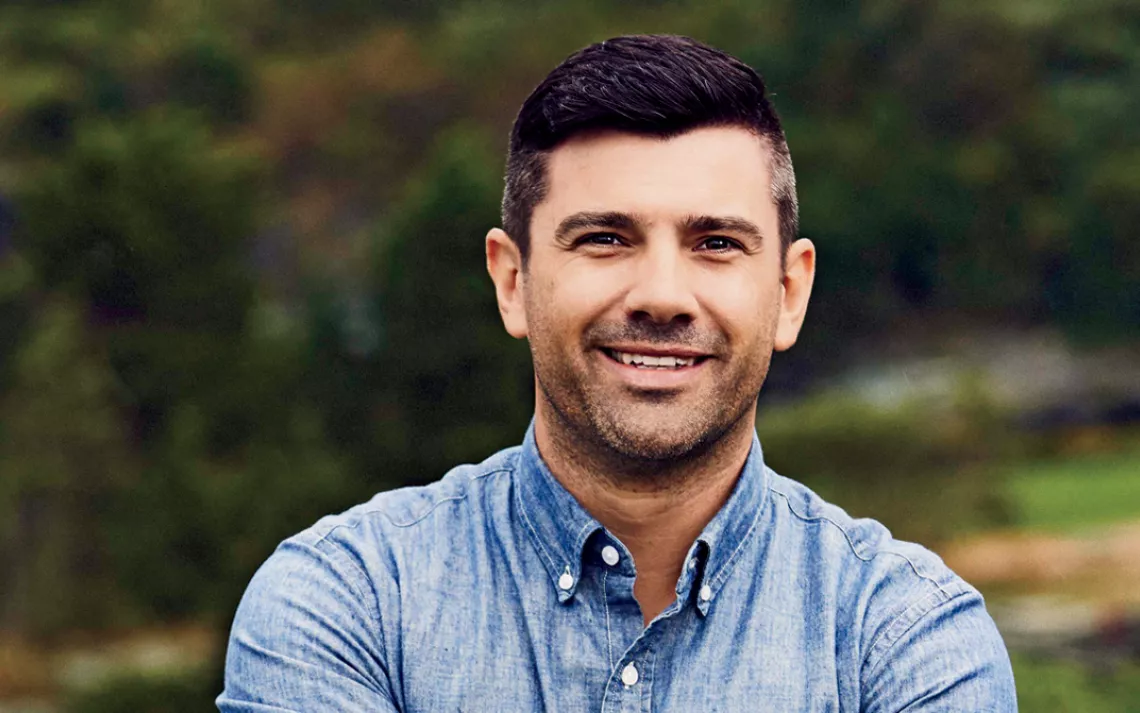
Danny Boome
For his latest TV gig, DANNY BOOME is hosting Z Living's Good Food America, wherein he visits 33 restaurants in 25 cities to showcase eco-positive eateries. Boome has also hosted ABC's Recipe Rehab, the Food Network's Rescue Chef, and other programs, but says this one changed his life: "It's the only food show I've done during which I lost 25 pounds. I changed my diet completely—I turned practically vegan and gained a deep respect for people who devote themselves to organics." He also picked up new cooking techniques, like using umami flavoring to simulate meaty tastes and infusing vegetable-centric dishes with rosemary to make them feel fuller. His new show, he hopes, will "diminish the mystique that sustainable food is yuppie food or too technical to cook" and encourage restaurants to operate in ways that protect the environment.
Photo courtesy of Danny Boome
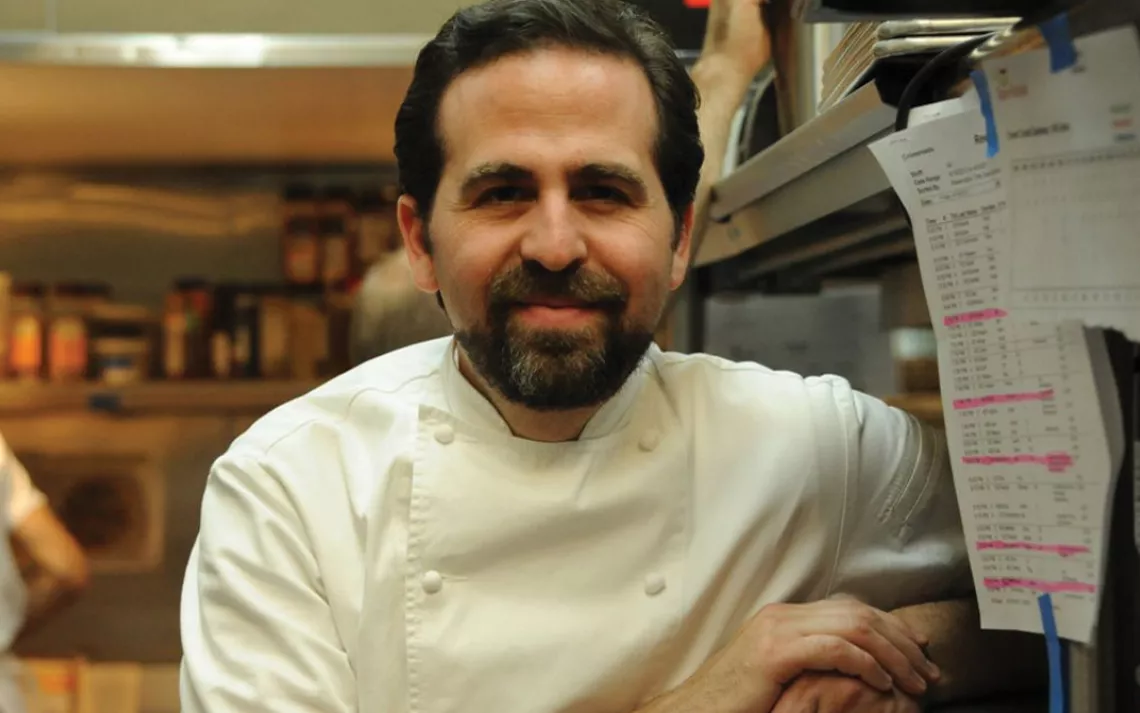
TAL RONNEN
“I became vegan in high school to impress a girl,” says TAL RONNEN, “and just stuck with it. I wish I knew where she was so I could thank her.” Ronnen, who wrote The Conscious Cook and owns L.A.’s highly regarded Crossroads Kitchen, grew up in Israel with a Moroccan nanny who made his every meal and inspired him to get into cooking. Ronnen prepared the U.S. Senate’s first vegan dinner and was the architect of Oprah Winfrey's famous three-week “vegan cleanse.” In his restaurant, Ronnen chose to focus his small plates on Mediterranean food because, he says, “It’s a cuisine that lends itself very well to vegan cooking. That makes it more appealing to non-vegan diners because it’s familiar food. You’re not going to get a piece of tofu and call it steak, and there aren’t any loud juicers in the background.” He’s now working on a new book scheduled for later this year, a large-format tome of at least 100 recipes featuring photos shot over the course of a year to capture seasonality. “No matter where you’re from in the world,” he says, “if you look back, you’ll find that your ancestors ate mostly a plant-based diet. Meat was just an accent. There’s no better way to help the environment. You can make more of an impact by what you eat than by driving a Prius.”
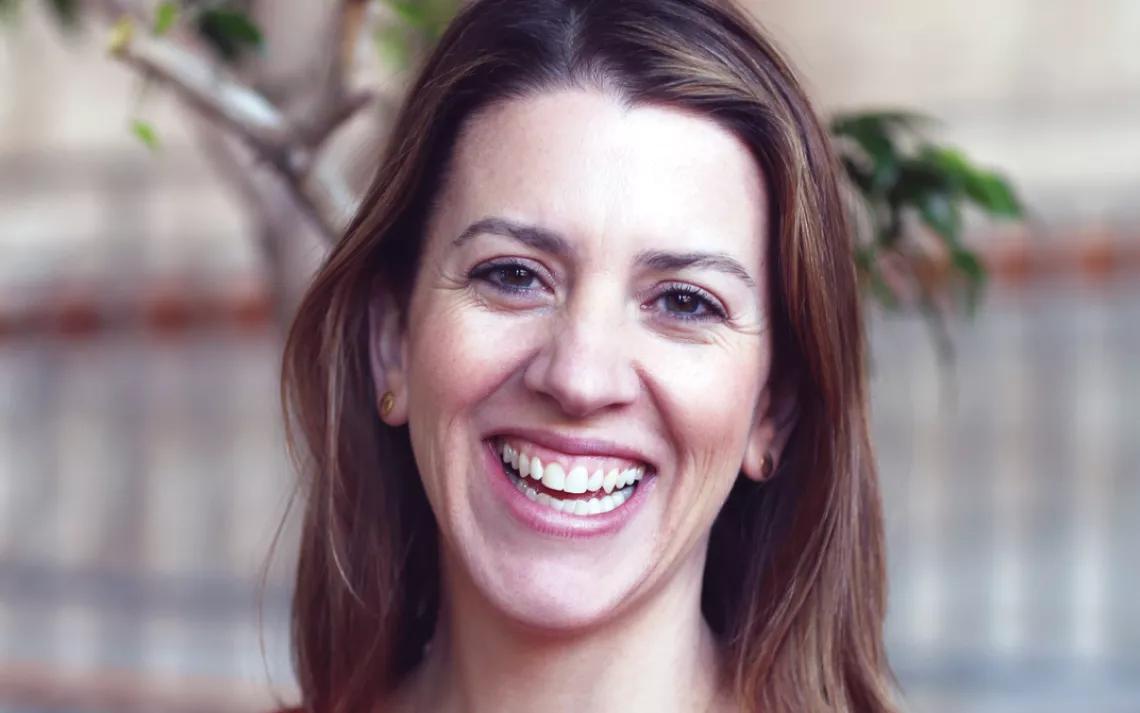
ANNA LAPPÉ
ANNA LAPPÉ isn’t a chef in the same way that the others in this roundup are (though she does do a lot of home cooking with fresh, local ingredients), but her work still makes a real difference in how people interact with what they eat. The daughter of Frances Moore Lappé, author of the 1971 classic Diet for a Small Planet, she says “I’ve been having conversations about food my whole life, with my mom who was an author about this before I was born, and my father, a toxicologist and epidemiologist. One of my most pivotal moments was researching and writing a book with my mother.” The duo spent a year traveling all over the world to meet farmers trying to buck the system. In India, villagers told her that it’s easier for them to find a Pepsi or Coke than it is to find drinking water. The resulting book, Hope's Edge: The Next Diet for a Small Planet, was published in 2003; ever since, Lappé has been working to make people understand the consequences of their food choices. “As an American,” she says, “I feel a sense of responsibility to hold our corporations accountable for their actions and impact.” Lappé does a lot of public speaking, especially on college campuses, wrote three other books, and started Real Food Media to support filmmakers who shine a light on sustainable farming.
Photo by Clark Patrick
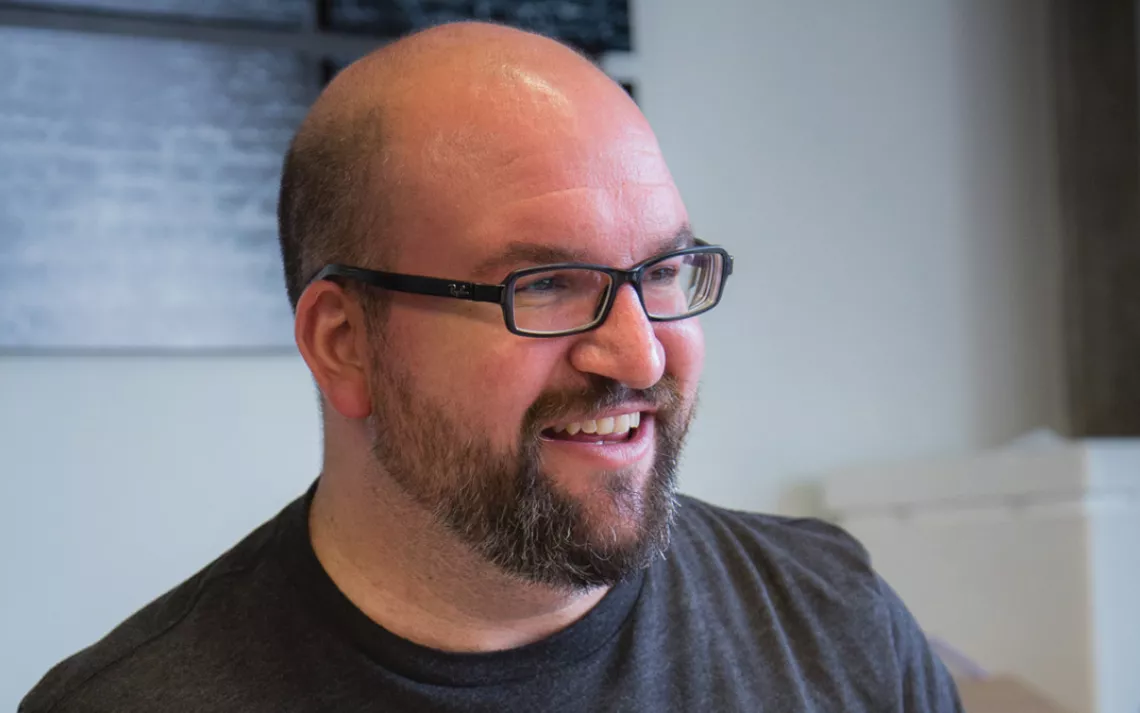
JERRY JAMES STONE
JERRY JAMES STONE started his career as a computer engineer at the Department of Defense. His technology expertise led him into web development, which led him to blog about food for the Discovery Channel. Soon YouTube approached him to start a cooking channel, which he did: Cooking Stoned. That led to developing recipes for Whole Foods, writing an e-cookbook with Ed Begley, Jr., and judging the Good Food Awards alongside Michael Pollan and Alice Waters. “I’ve never cooked meat,” Stone says. “I stopped eating it when I was 16 so I wouldn’t know the first thing about it.” His videos show viewers how to use fruits and vegetables in unconventional ways—his recipes for celery popsicles and sweet potato cookies, for example, are hugely popular among his 600,000 social media followers. “I always start with what’s seasonal,” Stone says. “What can I go pick from the garden right now?” He’s not much for the soapbox, though: “I’d never tell someone they should be a vegetarian. It’s more just, ‘Here’s great food.’” He adds, though, that abstaining from meat “is a smart use of resources. We only have so much land. It just makes more sense. I’m an engineer, and it’s all about logic.”
Photo by Jonathan Fong

GUY AND TALI VAKNIN
"People misrepresent the word 'sushi,'" says TALI VAKNIN. "It doesn't mean 'fish.' It means 'vinagered rice.'" Along with her husband GUY, a Hell's Kitchen finalist whom she met while working at his father's kosher catering company, Vaknin runs a growing chain of casual vegan eateries in Manhattan called Beyond Sushi. The couple looks ahead to a not-too-unlikely—and not-too-distant—future when fish is all but gone. The message they send with their tasty meat-free rolls is, essentially, that we’d better get used to this because whether or not we want our diets to be fish-free, that’s where things are headed if our eating habits don’t change. The Vaknins work to be part of that change, by refusing to support the fish industry and by insisting on sustainability throughout their business. Their packaging is biodegradable, their seasonal ingredients are from local farms, their interior design uses reclaimed wood, and their lighting is energy-efficient. Beyond Sushi started as being just vegetarian but, as Tali said, “The vegan community is very strong-minded. They asked why we weren’t 100 percent vegan. So we said, ‘Yeah, why aren't we?’”
Photo by Matthew Sowa
Avital Andrews is Sierra's former lifestyle editor. Follow her on Twitter @avitalb.
More articles by this author- Keywords:
- food and drink
- vegetarian
- cooking
- vegan
 The Magazine of The Sierra Club
The Magazine of The Sierra Club

